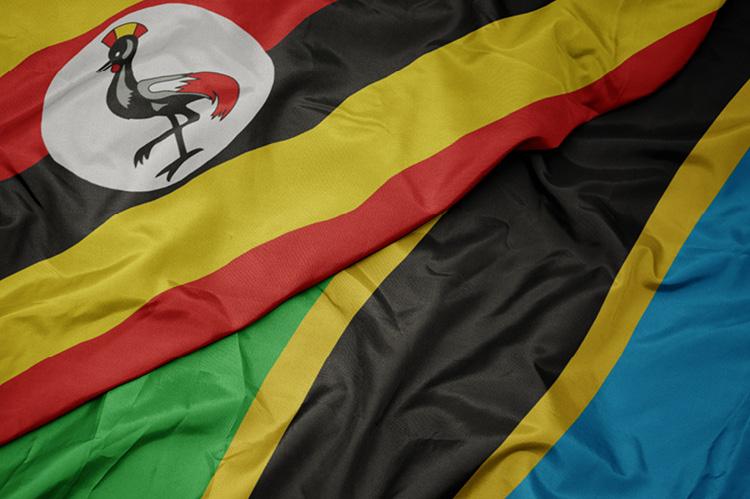Uganda To Enact Lake Albert Pipeline Law Before 2022

Uganda anticipates a new law governing the construction and operation of a 1,445-km crude export pipeline running from Lake Albert development, paving the way for the first oil ever from the project by 2025.
The $20 billion joint projects by the TotalEnergies and a Chinese state-owned CNOOC have faced bureaucratic stalemates following stalled negotiations over contract terms, tax disputes, and lack of consensus over the pipeline's route.
The mega East Africa Crude Oil Pipeline (EACOP) development involves linking the TotalEnergies-operated Tilenga oil field with 90,000 b/d of crude oil and the 40,000 b/d CNOOC-operated Kingfisher oil fields with a 216,000 b/d heated East Africa Crude Oil Pipeline to Tanzania's port of Tanga.
With the final decision by the project partners already made and Tanzania having passed the bill concerning the project, Uganda's Minister for Energy, Ruth Nankawirba, affirmed all the necessary steps are being undertaken to complete the project.
"We are expecting the approvals. And I still hope that parliament will be able to complete this discussion on the bill by the end of November," Nankawirba told Argus, adding that Uganda's president would then sign the bill into law, signaling a green light for the long-awaited project.
When the major pipeline becomes operational, the bulk of the crude oil would be exported to Tanzania's Tanga port, and the remaining oil would feed the 60,000 b/d capacity refinery set to be built in Uganda.
"We planned for upstream, midstream, and downstream simultaneously and concurrently," Nankawirba said, adding that the upstream work, pipeline construction, and refinery construction must happen at the same time.
In September 2021, TotalEnergies CEO Patrick Pouyanne disclosed the company had issued a conditional award to contractors to execute the project without delay once the paperwork was completed.
The company also added it was close to finalizing the land acquisition for the pipeline and upstream land facilities.
Once the EACOP bill goes through, the work will officially begin on the 1445-km pipeline estimated by stakeholders to cost between $ 4 billion to $5 billion at completion.
The recently formed EACOP company, a joint venture between Ugandan and Tanzanian governments, and the project partners will oversee the entire pipeline-laying activities.
As per the project's agreements, TotalEnergies holds the lion's share of 62pc, CNOOC takes 8pc, while Uganda National Oil (UNOC) and Tanzania Petroleum Development (TPDC) take 15pc each.
According to Martin Tiffen, the general manager of the EACOP, a 100km pipeline would be laid each month for 16 months, with the pipe-laying activities to begin early 2023 after the pipelines are manufactured abroad and shipped to Uganda and Tanzania.
